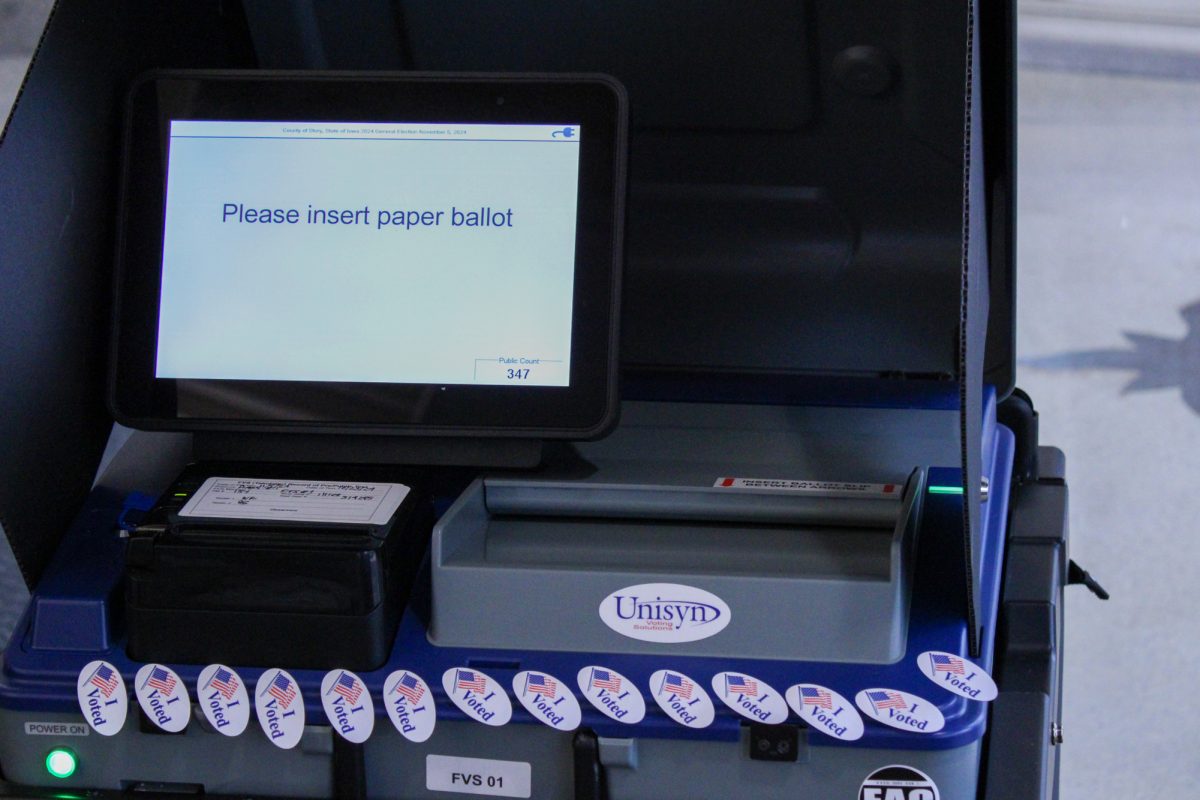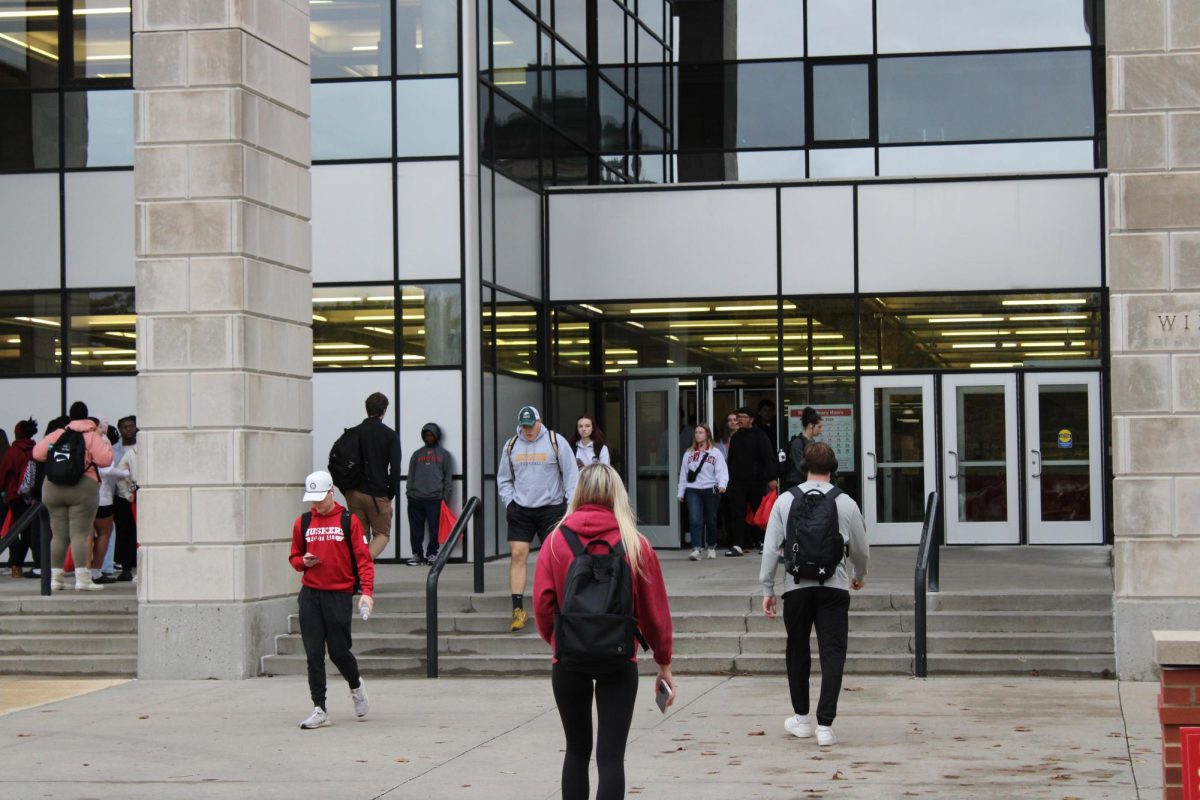Technology in the future
April 26, 1998
So another school year is just about over, and once again we’ve got to answer the question, “What are you going to do this summer?”
For many of us, summer doesn’t mean much in the way of new experiences or excitement: It means work.
Though personal economic concerns are always an issue, I encourage you to not spend the entire summer slaving away in an office somewhere. Even if it means taking a few days off, I encourage you to do something new or interesting while you’re young and have the chance.
Last summer, I took advantage of a great opportunity and found it more than worth my while. I attended a Wingspread Conference in Wisconsin. The title of the conference was “Access by Design: Increasing Equity and Diversity in Technology,” and it brought together an extremely diverse group of leaders, from industry, social organizations, corporate foundations and national lobbies.
I learned a lot at this conference, and I found that much of it applied to life here at ISU.
At a place like Iowa State, the much-ballyhooed “digital revolution” seems like a given. Computer facilities are readily available, and for the most part, the machines are clearly useful. In fact, the Board of Regents recently voted to increase tuition to pay for, among other things, better computing facilities.
But access to computers isn’t like this for everyone, and the reasons for bothering with it aren’t so clear. Despite the hype, there’s nothing inherently empowering about technology, nor is there anything impersonal about it. It all depends on how the technology is implemented.
Some people at the conference asked, “Why we should devote resources to this in the first place? How will this help communities?” To many of you, as it was to myself, this question seemed to be a no-brainer. But it’s not.
As students we often forget the technology we enjoy — and, in many cases at ISU, help develop — isn’t something that’s useful for everyone. It’s also not something most can afford, a fact which I fear most students in technological majors aren’t too concerned about. Students — and the industry — probably don’t spend enough time looking at the social impacts of technological “advances.”
Are we getting ahead of ourselves? Maybe we should stop worrying about the MIPS in our processors and ask: How do you tell someone who doesn’t even own a telephone that they should be familiar with Microsoft Word? Why should a community invest two grand in a computer that will be out of date in a year if that money could be used to combat illiteracy?
Suddenly, the “information superhighway” seems a bit frivolous.
It becomes clear when thinking about this that the communications and computer industries have left gaping holes in the market — one reason that people from industry were present at the conference. If these concerns are not addressed now, when will they be?
Progress, after all, does not necessarily imply improved access. For example, take the now-common graphical user interface. Windows is easier for most, but it has made it much more difficult for the blind to be computer-savvy: the old command-line interfaces are much easier to convert to spoken text than graphical ones.
Some more broad points raised at the conference included:
- If being digital is truly a part of the infrastructure of tomorrow, the government must play a bigger role in its implementation: while the telecom reform bill had provisions for outfitting schools and some other community bases, it left some out-Native American reservations, for example.
- Technological understanding is becoming a part of basic literacy. Action is vital to ensure a lessening of the gap between the “haves” and the “have-nots;” otherwise that gap will widen.
- It’s not beneficial to put technology in the schools if teachers and others don’t know how to use it, teach it and otherwise let students reap the rewards that can come from it.
I had a lot more on my mind than just those issues that weekend, though. What truly struck me was how much these people cared about what they were doing. They weren’t do-gooders simply because it’s a nice thing to do; they had a fire in their soul to give people a chance. They had an energy and a genuine concern for improving the technology utilized by America’s underprivileged that I fear most students in technical fields lack. Maybe we ought to change the curriculum to bring more social concerns into the picture.
While I won’t be attending any conferences this summer, I do plan on finding something different, educational and eye-opening to do. I recommend you, whoever you might be, to do the same. Who knows, it might change your life. Or maybe it will just be fun. Either way, you’ll have made something of your summer.
Ben Byrne is a junior in graphic design from Minneapolis, Minn.






